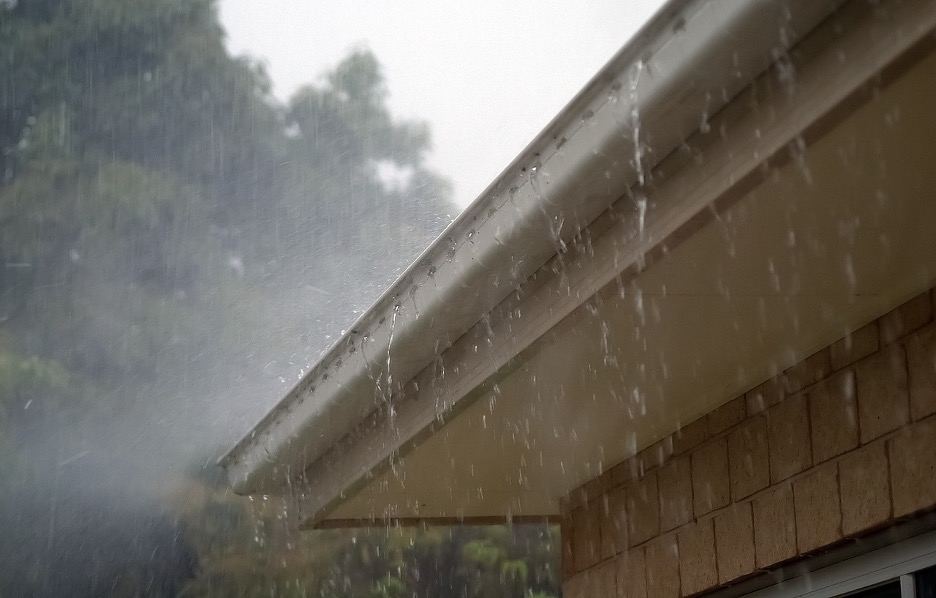Water damage is one of the most prevalent and costly issues homeowners encounter, often leaving walls, flooring, personal belongings and long-term structural damage in its wake. However, many cases can be avoided through proactive steps taken beforehand. In this blog, we will go through a few strategies designed to protect your home against costly water-related disasters.
Inspect and Maintain Your Roof
A leaky roof is one of the main sources of water damage in a home, as even small cracks and missing shingles can allow rainwater into your living spaces over time. Periodic inspections by professional roofers are important. Hire one once annually or after severe weather events like storms or hail to assess its condition. And check flashing, sealing around vents, chimneys, and skylights for signs of wear-and-tear to know for a fact that your roof will remain secure against water infiltration.
Clean and Maintain Gutters and Downspouts
Clogged gutters may seem harmless at first, but they can turn into miniature waterfalls that threaten your home’s foundation. Leaves, twigs and debris can obstruct water flow, and overflowing gutters can then lead to flood basements with the excess moisture. Routinely clearing your gutters of leaves, twigs and debris as well as making sure that downspouts channel water at least six feet from foundation can save significant headaches later. To be extra sure this task is completed correctly, get a professional gutter cleaning service such as https://www.jcs-homeservices.com/home-services-northern-virginia/gutter-cleaning/. For an added layer of convenience, install gutter guards to minimize debris accumulation.
Ensure Proper Drainage Around Your Home
Improper drainage around your property can lead to pooled water near its foundation, leading to leaks and cracks in basements or crawl spaces. Grading the soil around your home to divert excess rainwater away from its foundation may help lower long-term risk of water damage. Installing a French drain system might also be effective in keeping excess water moving away from it.
Check Plumbing and Appliances Regularly
Even small leaks can quickly snowball into major problems. Be on the lookout for signs of wear and damage on plumbing connections, pipes and appliances such as washing machines, dishwashers, and refrigerators as well as any unusual dripping or moisture buildup. Replace old hoses if they become worn-out and invest in water leak detectors in these areas for early warning.
Invest in Flood Insurance
Unfortunately, even with our best intentions in place, mother nature sometimes has other plans for us. Standard homeowners’ policies typically don’t cover flood damage if it occurs, leaving you financially exposed if disaster hits. For added peace of mind and protection in these uncertain times, investing in tailored flood coverage tailored to the risk levels in your region could offer extra peace of mind and protection.
Preventing water damage requires being proactive and vigilant. By taking preventative steps like cleaning gutters, inspecting plumbing, or sealing cracks proactively you can protect both your home and wallet from the destructive forces of water. Consider these preventive measures an investment into both its longevity and your sanity by ensuring water stays outside your house rather than inside it.






